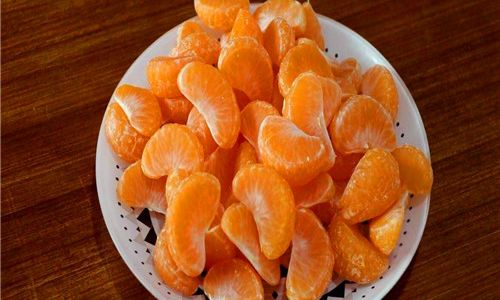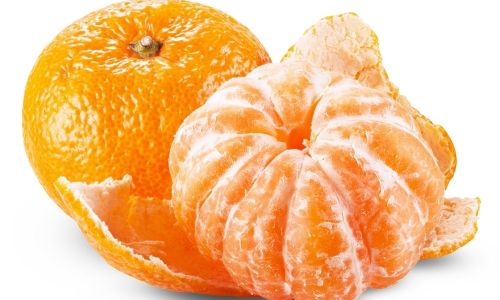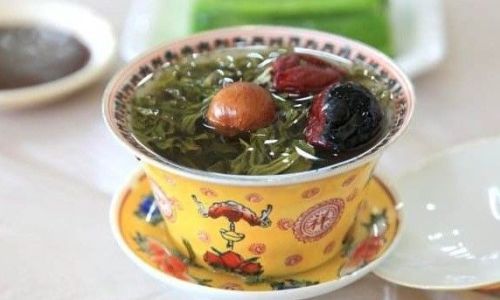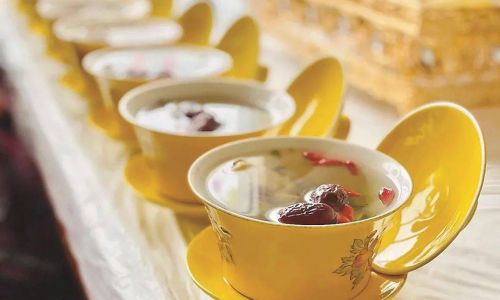Introduction
Oranges, known for their vibrant hues, juicy flesh, and refreshing taste, are a staple in many diets worldwide. They are rich in vitamins, minerals, and antioxidants, contributing to overall health and well-being. However, like any fresh produce, oranges have a limited shelf life. Ensuring that your oranges stay fresh for as long as possible can be challenging, especially if you buy them in bulk or receive them as gifts during their peak season. This article delves into various methods and techniques to help you extend the shelf life of oranges, ensuring you enjoy their sweet-tart flavor and nutritional benefits for longer periods.
Understanding Orange Shelf Life
Before diving into preservation techniques, it’s crucial to understand the natural shelf life of oranges. The duration an orange remains fresh varies based on several factors, including variety, ripeness at harvest, storage conditions, and handling practices. Generally, oranges can last between two weeks to a month when stored at room temperature. However, with proper storage, this duration can be significantly extended.

Choosing the Right Oranges
The first step in prolonging the shelf life of oranges is selecting high-quality fruits. Here are some tips for choosing the best oranges:
- Appearance: Look for oranges with smooth, firm skin that is evenly colored. Avoid fruits with soft spots, bruises, or mold.
- Weight: Heavy oranges indicate they are juicy and well-hydrated.
- Fragrance: Fresh oranges should have a distinct citrus aroma.
- Origin: Oranges from trusted sources and regions known for their quality are often better.
Proper Storage Conditions
Once you’ve selected your oranges, the next step is to create optimal storage conditions to preserve their freshness.
-
Temperature: Oranges thrive in cool, dry environments. Storing them at room temperature (around 68-77°F or 20-25°C) is acceptable for short-term use. However, for longer storage, refrigerating oranges at around 32-41°F (0-5°C) can significantly extend their shelf life.
-
Humidity: Maintaining moderate humidity is crucial. Too much moisture can lead to mold, while too little can cause the oranges to dry out. A refrigerator’s crisper drawer, designed to maintain optimal humidity levels, is ideal for storing oranges.
-
Ventilation: Ensure that oranges are not packed tightly together, allowing for adequate air circulation. This prevents the build-up of ethylene gas, which can accelerate ripening and spoilage.
Handling and Packaging
Proper handling and packaging can further extend the shelf life of oranges.
-
Inspection: Regularly check your oranges for signs of spoilage. Remove any moldy or decaying fruits immediately to prevent the spread of mold to other oranges.
-
Packaging Materials: Use breathable materials like paper bags or mesh bags to store oranges. Plastic bags can trap moisture and ethylene gas, accelerating spoilage. If you must use plastic, opt for bags with ventilation holes.

-
Stacking: Avoid stacking oranges too high, as this can bruise the bottom fruits. Use soft padding or layers of paper towels between layers if stacking is necessary.
Freezing Oranges
For those who prefer to store oranges for extended periods, freezing is an option. While frozen oranges won’t have the same texture as fresh ones, they can still be used in various ways, such as making smoothies, juices, or baked goods.
-
Preparation: Peel the oranges and segment them, removing any seeds. You can also freeze whole oranges, but peeling and segmenting them before freezing makes them easier to use later.
-
Freezing Method: Place the orange segments on a baking sheet lined with parchment paper and freeze until solid. Once frozen, transfer them to an airtight container or freezer bag. This prevents them from sticking together.
-
Usage: When ready to use, thaw the orange segments in the refrigerator overnight or place them in a bowl of cold water for quicker thawing. Alternatively, you can use frozen orange segments directly in blender recipes.
Canning and Preserving Orange Juice
Another way to preserve oranges is by canning their juice. This method allows you to enjoy fresh orange juice throughout the year.
-
Juicing: Extract the juice from fresh oranges using a juicer. Strain the juice to remove pulp and seeds if desired.
-
Canning Process: Follow proper canning procedures to ensure safety. This involves heating the juice to a certain temperature, filling clean, sterile jars, and processing them in a water bath canner.
-
Storage: Store canned orange juice in a cool, dark place. Properly canned juice can last for up to a year.

Drying Oranges
Dried oranges, known as orange peels or dried citrus, are not only a delicious snack but also a versatile ingredient in cooking and baking.
-
Preparation: Peel the oranges, removing as much of the white pith as possible, as it can be bitter. Slice the peels into thin strips or use a peeler to create uniform pieces.
-
Drying Method: You can dry orange peels in the sun, in a food dehydrator, or in an oven set to a very low temperature (around 150°F or 65°C). Dry until the peels are completely brittle and have no moisture left.
-
Storage: Store dried orange peels in an airtight container in a cool, dark place. They can last for several months.
Conclusion
Extending the shelf life of oranges involves a combination of careful selection, proper storage conditions, and appropriate handling techniques. By understanding the natural shelf life of oranges and implementing these preservation methods, you can enjoy their sweet-tart flavor and nutritional benefits for much longer. Whether you choose to refrigerate, freeze, can, dry, or simply store your oranges under optimal conditions, these techniques will help you keep your oranges fresh and delicious.
Remember, the key to successful preservation is consistency and attention to detail. Regularly check your stored oranges, and don’t hesitate to discard any that show signs of spoilage. With these practical tips and techniques, you can ensure that your oranges remain a vibrant and nutritious part of your diet for weeks, months, or even longer. Happy preserving!






0 comments